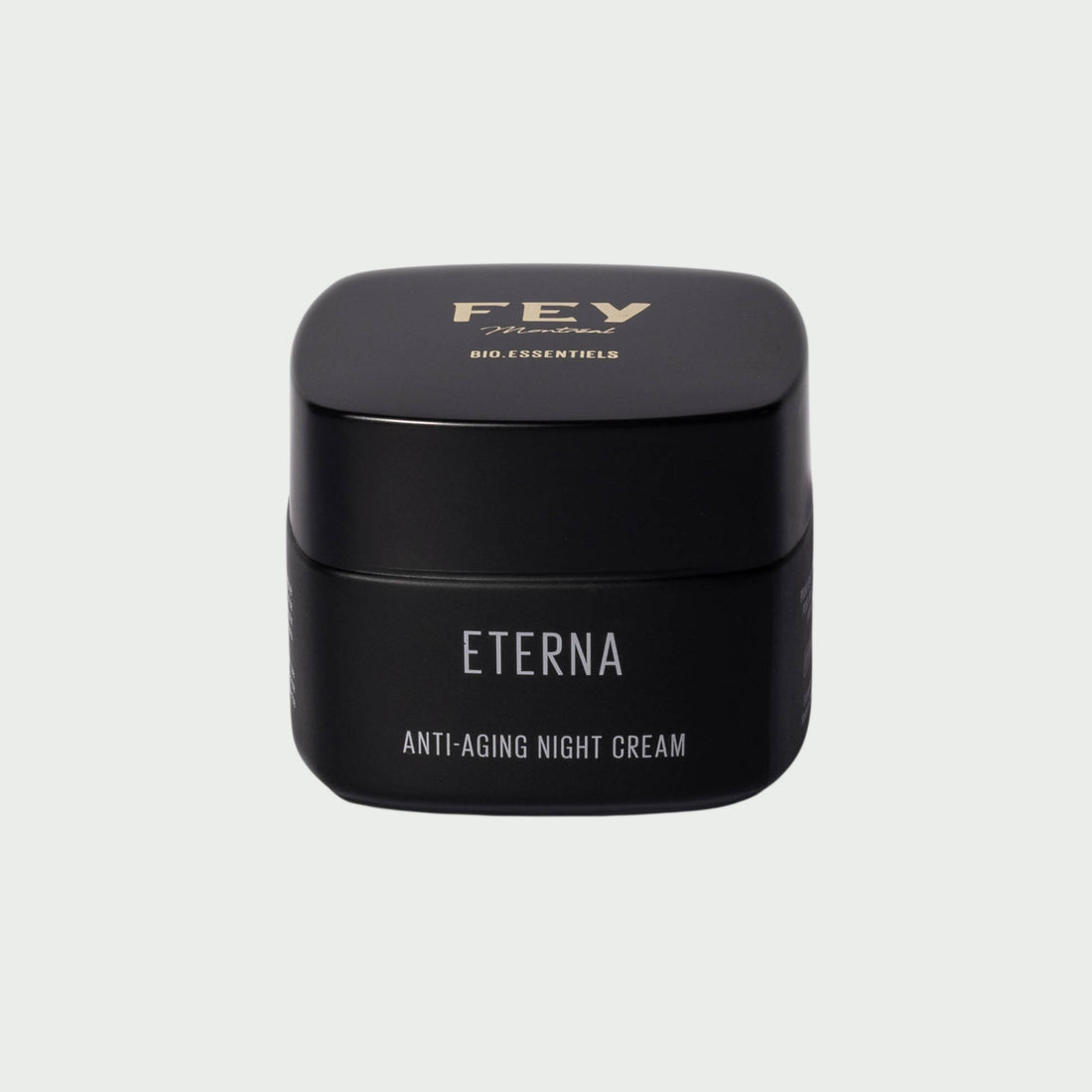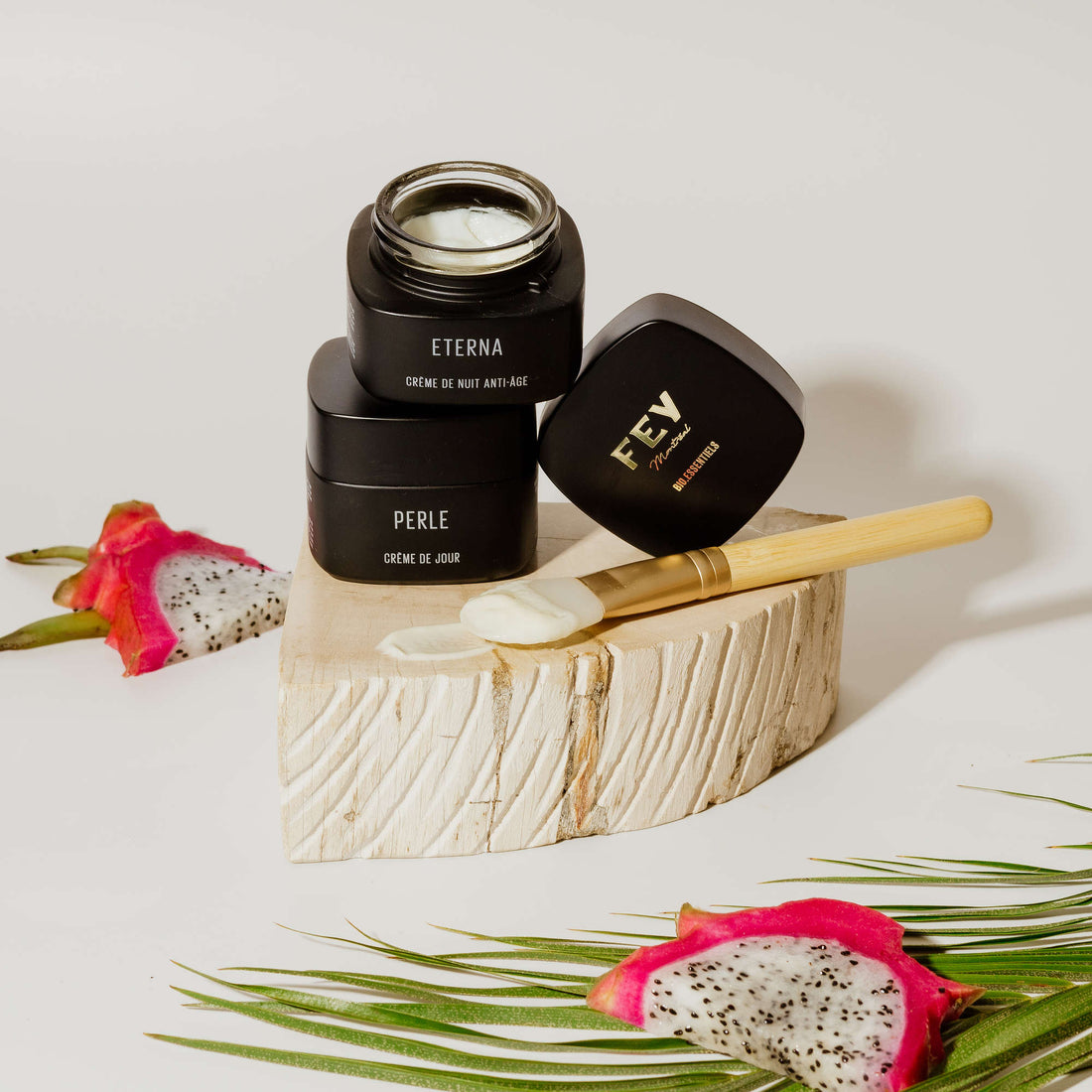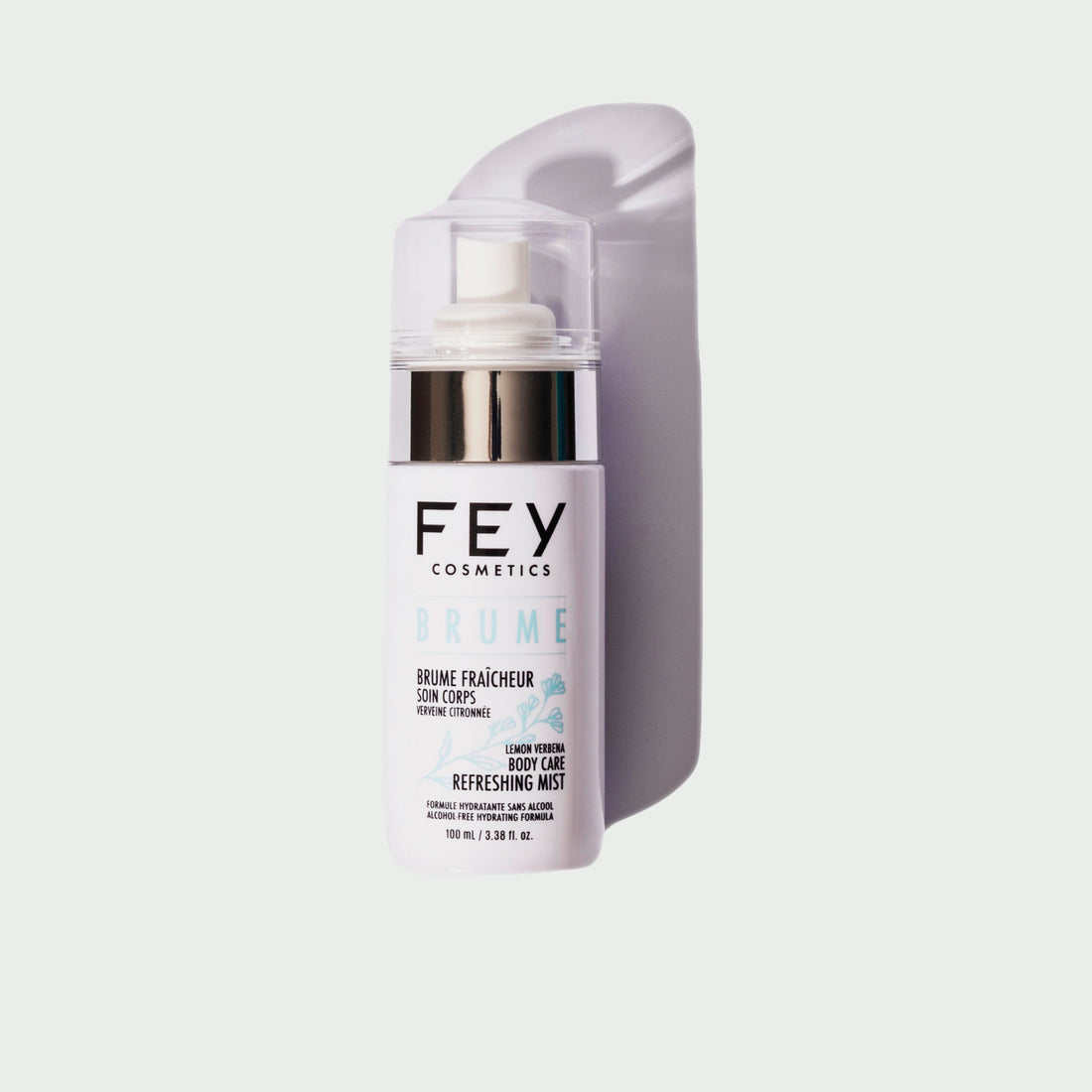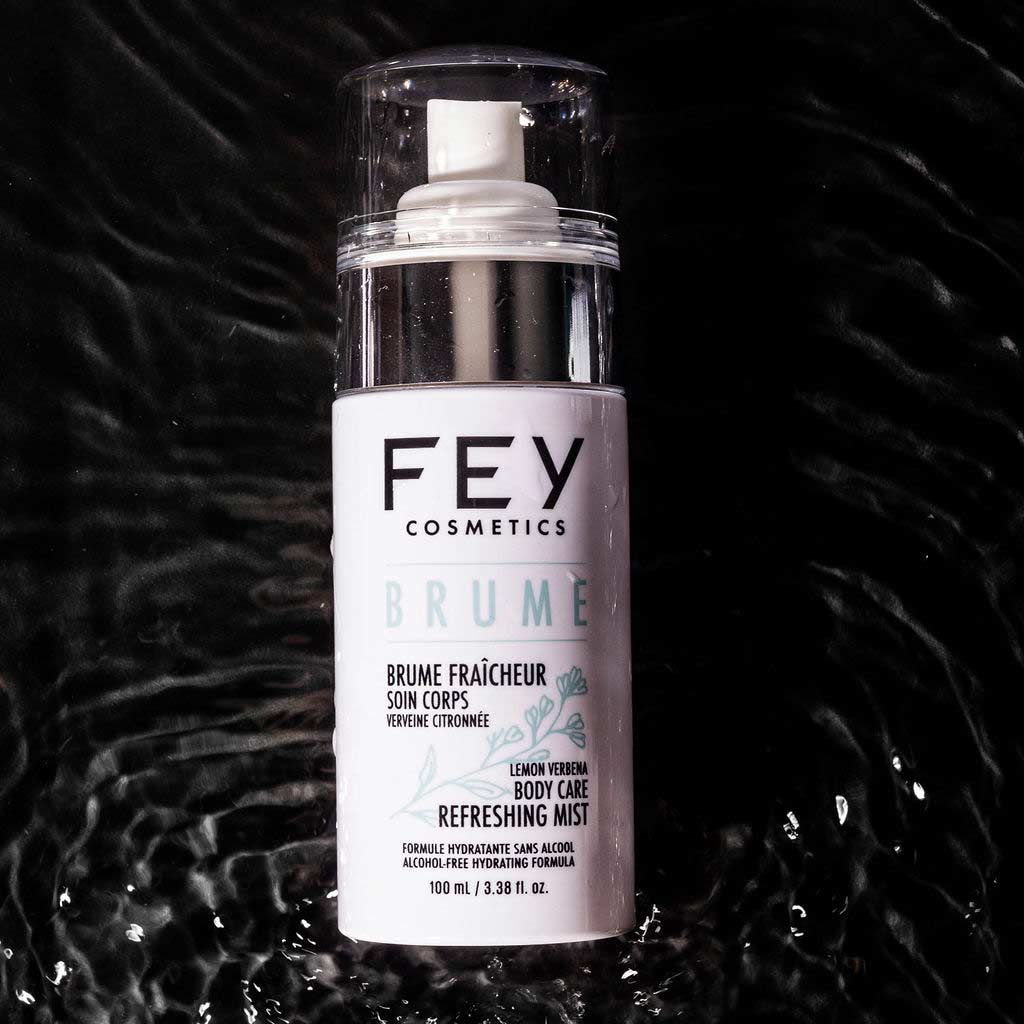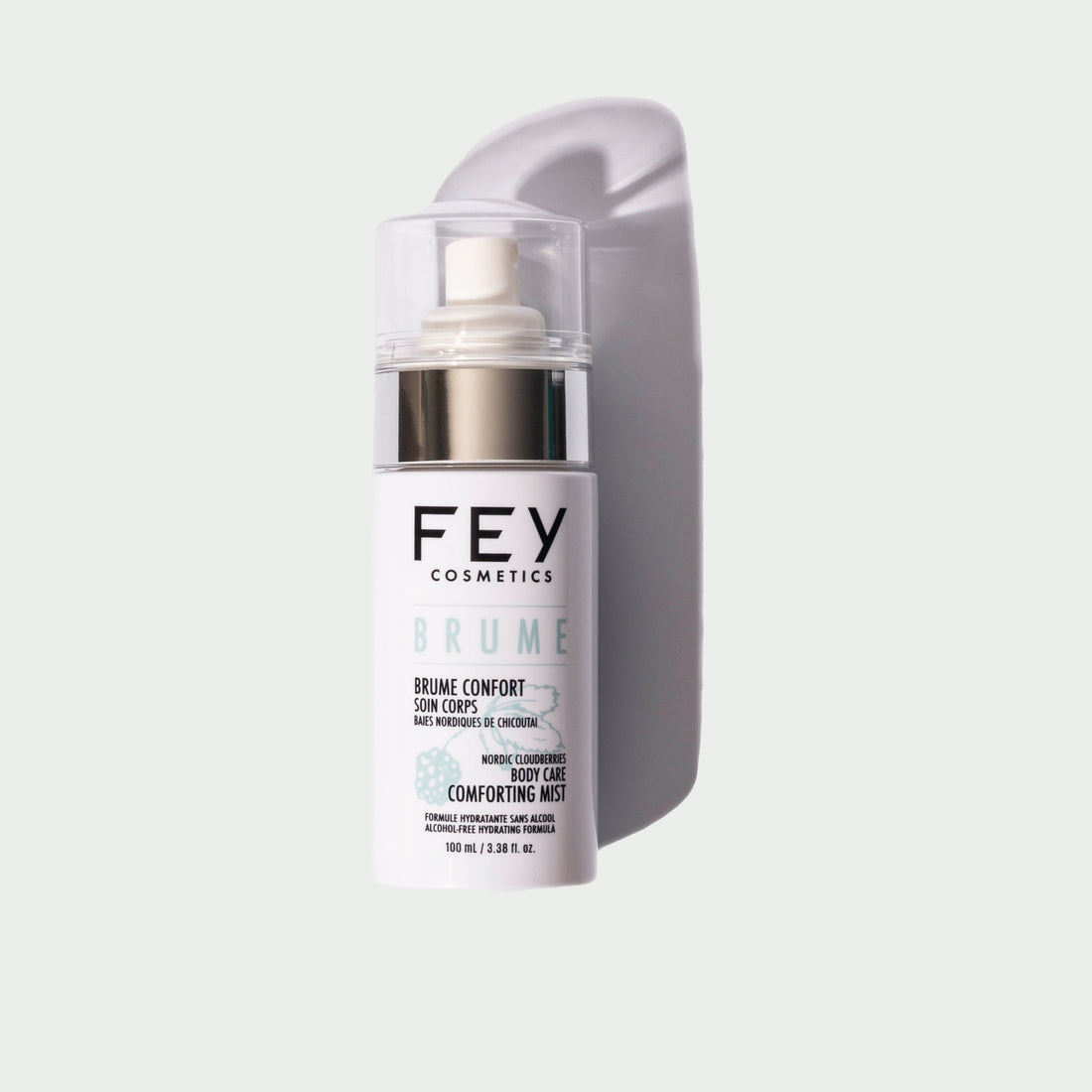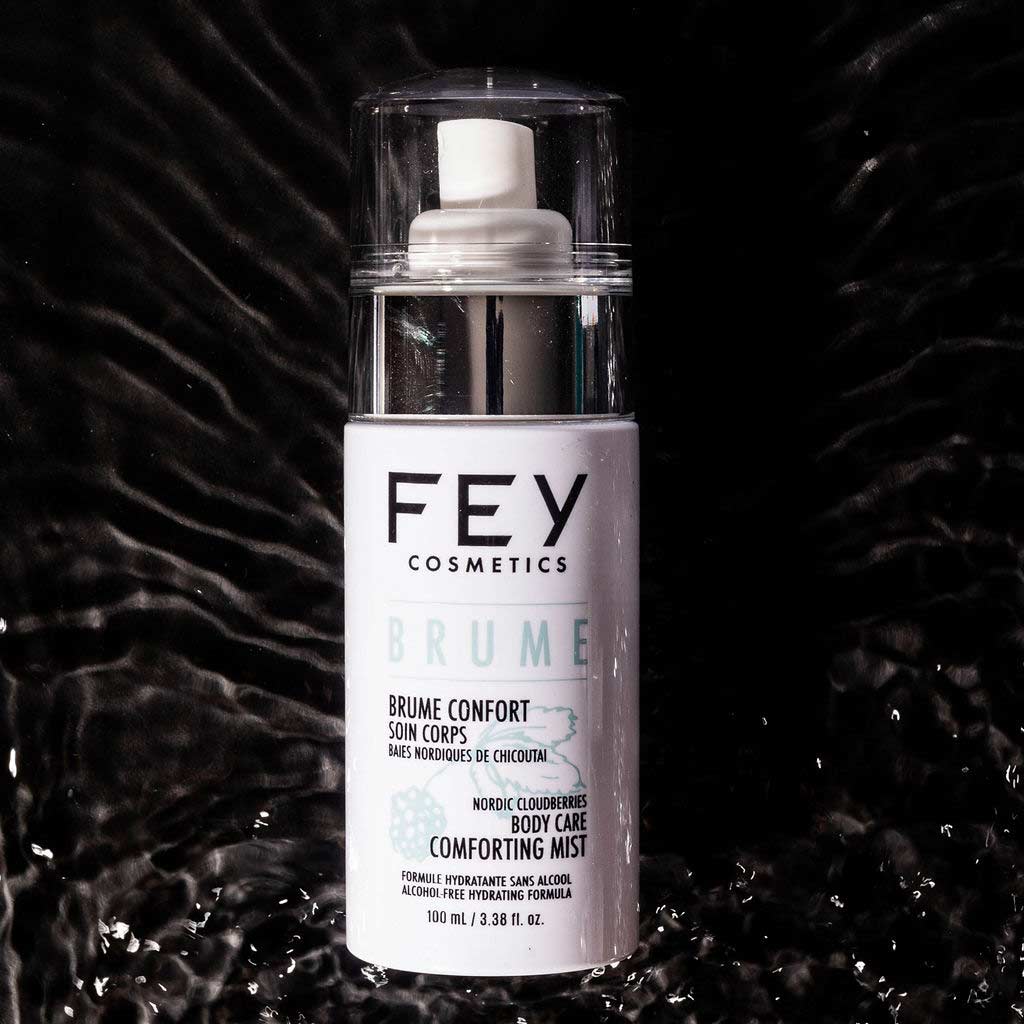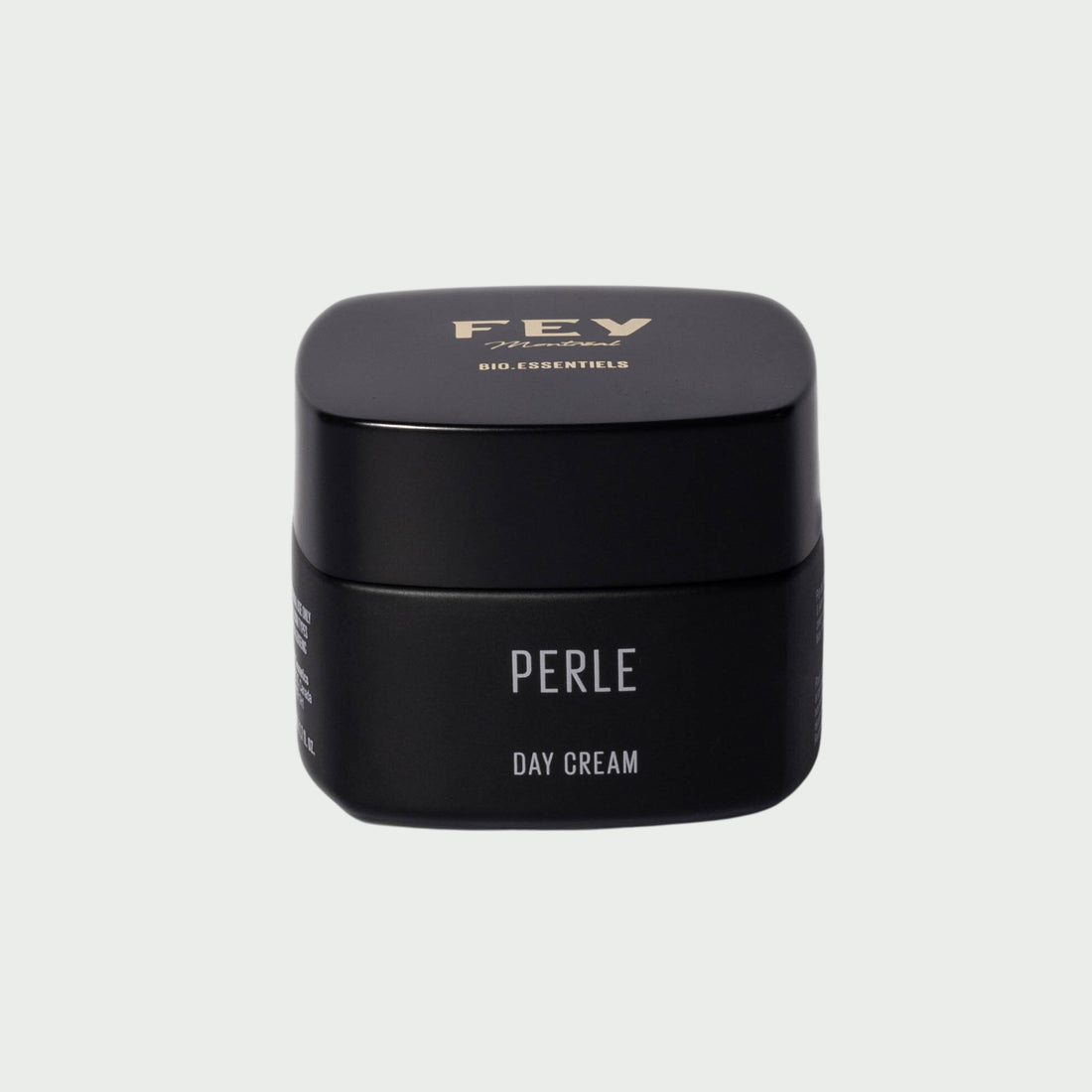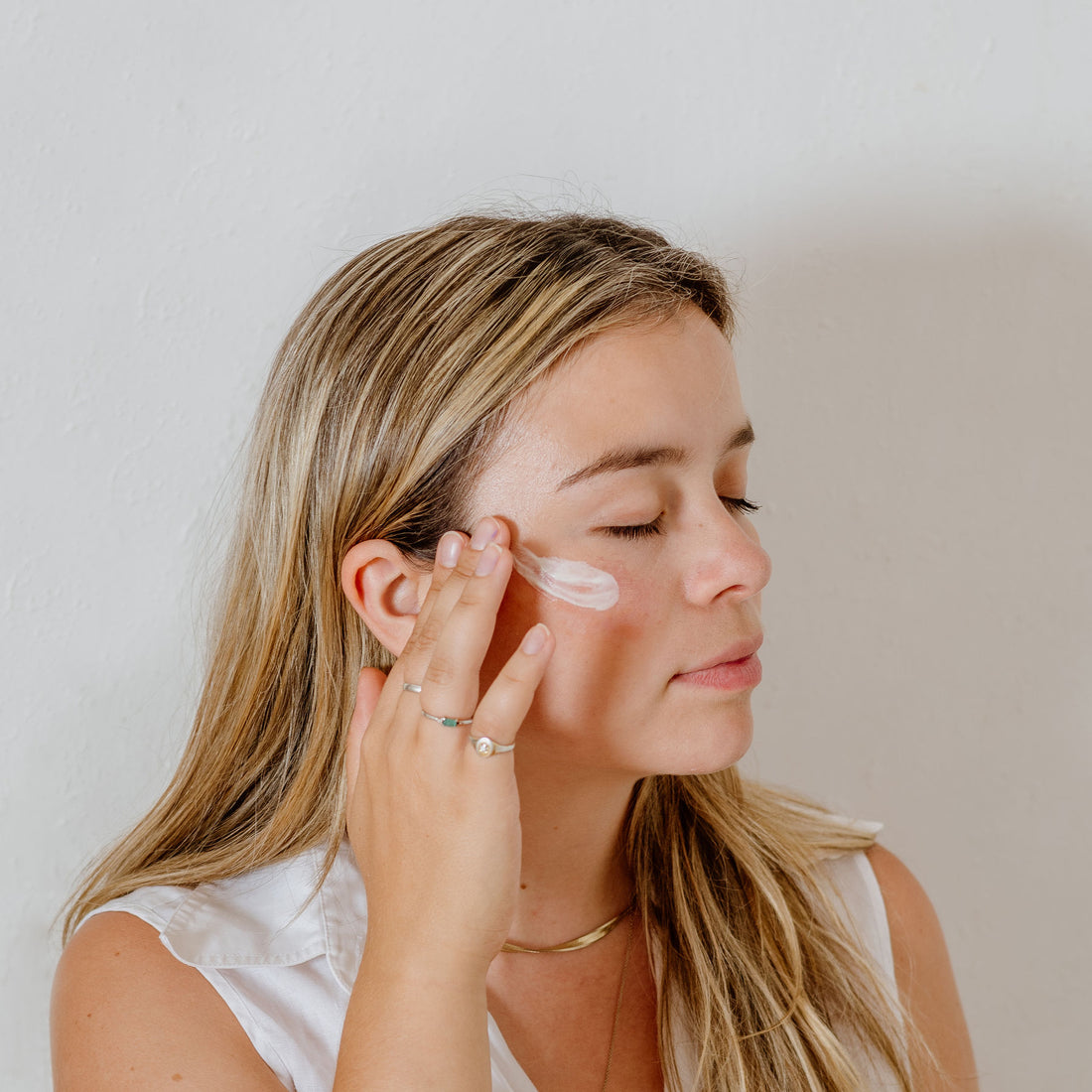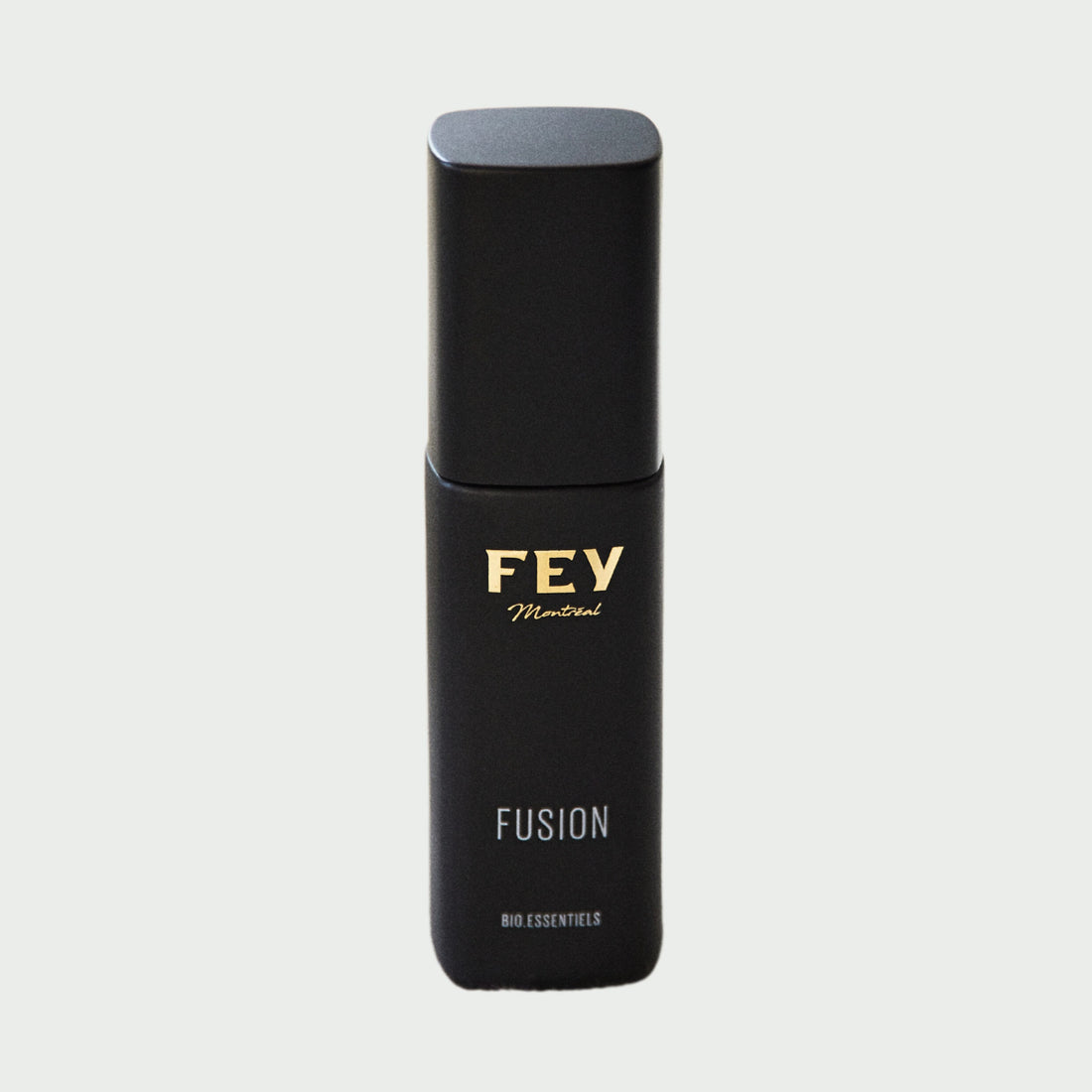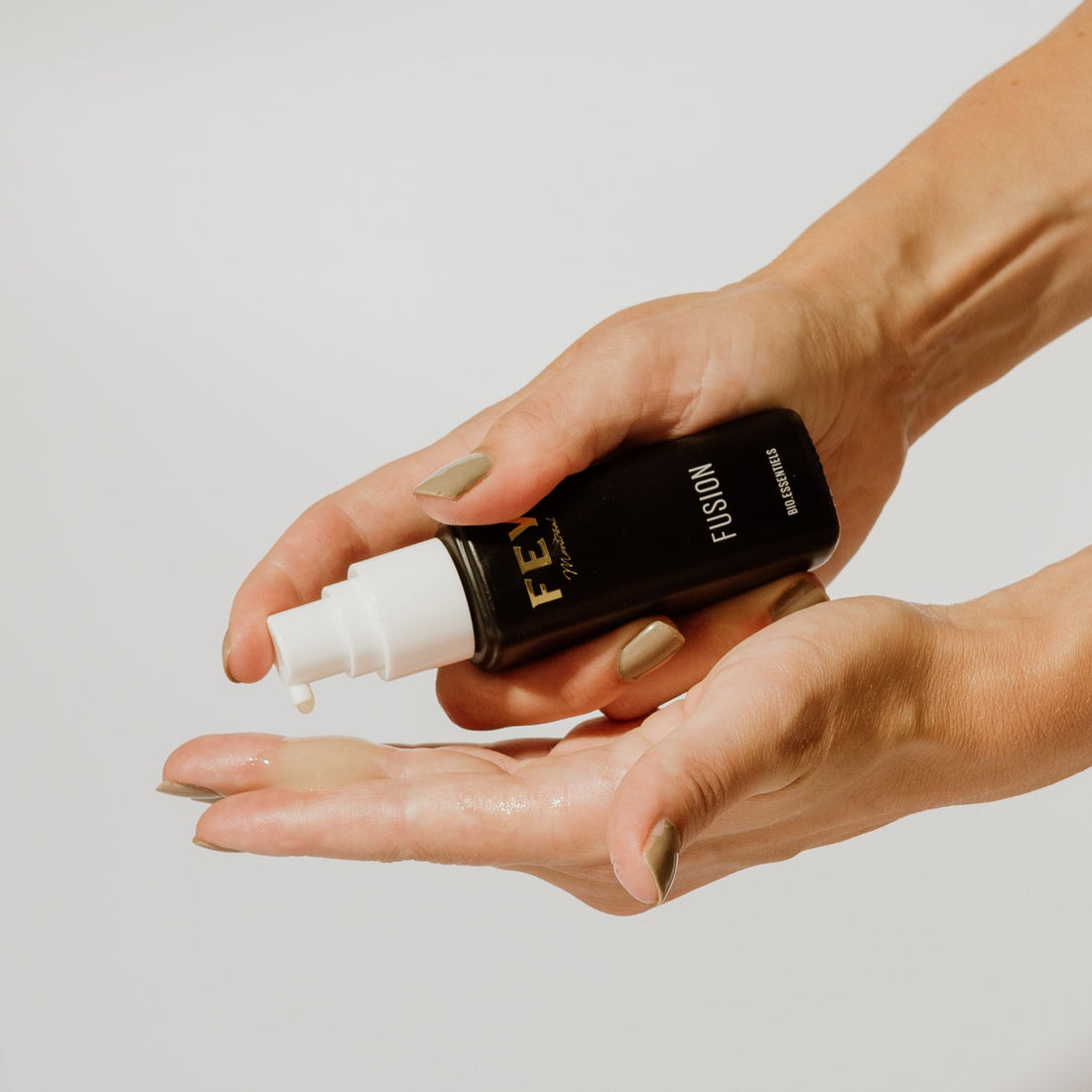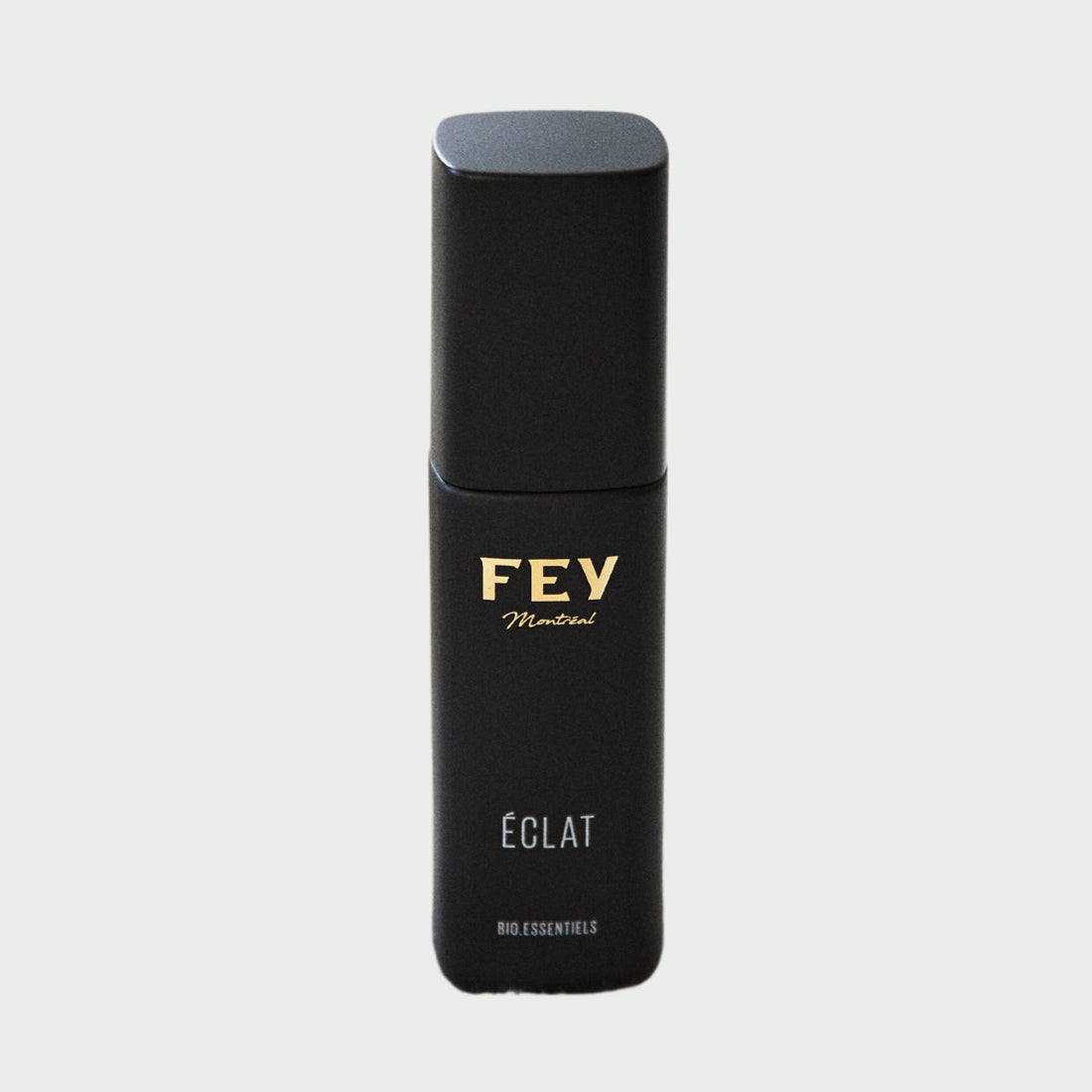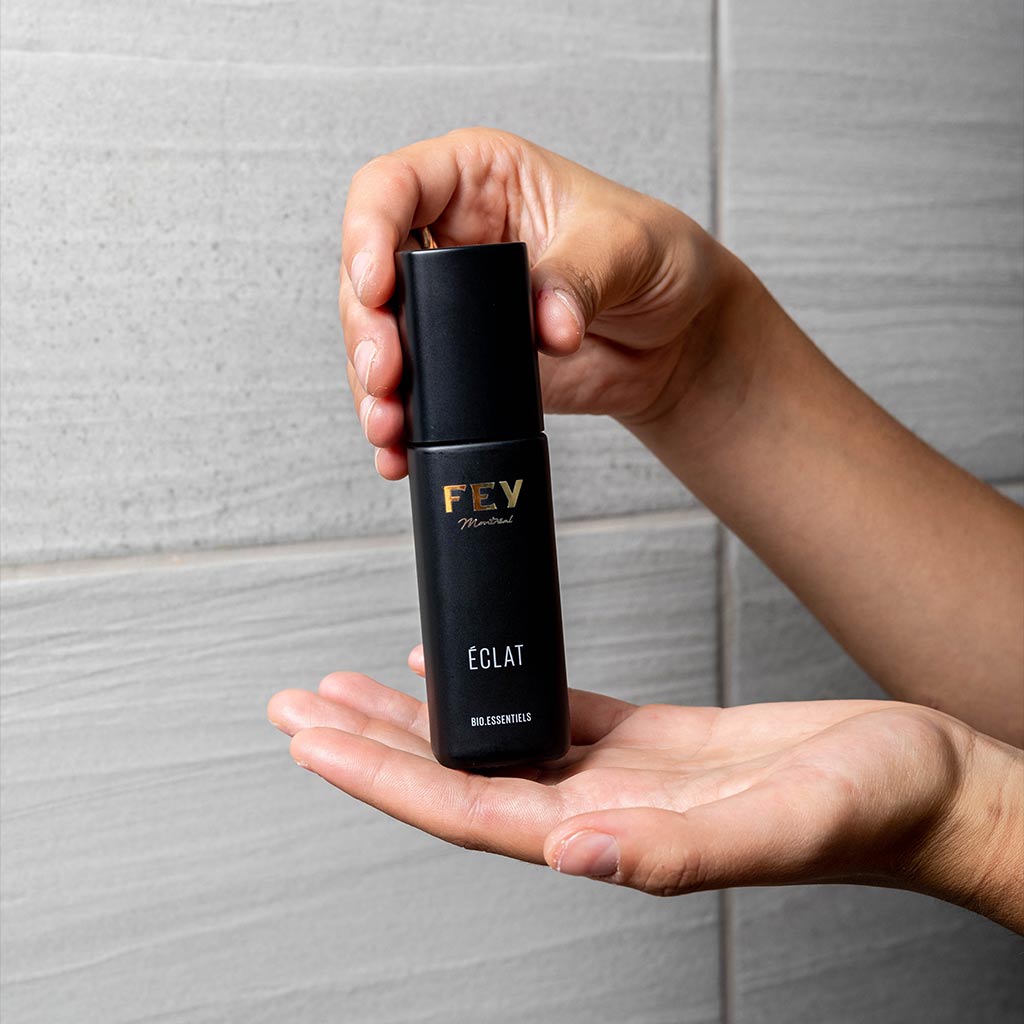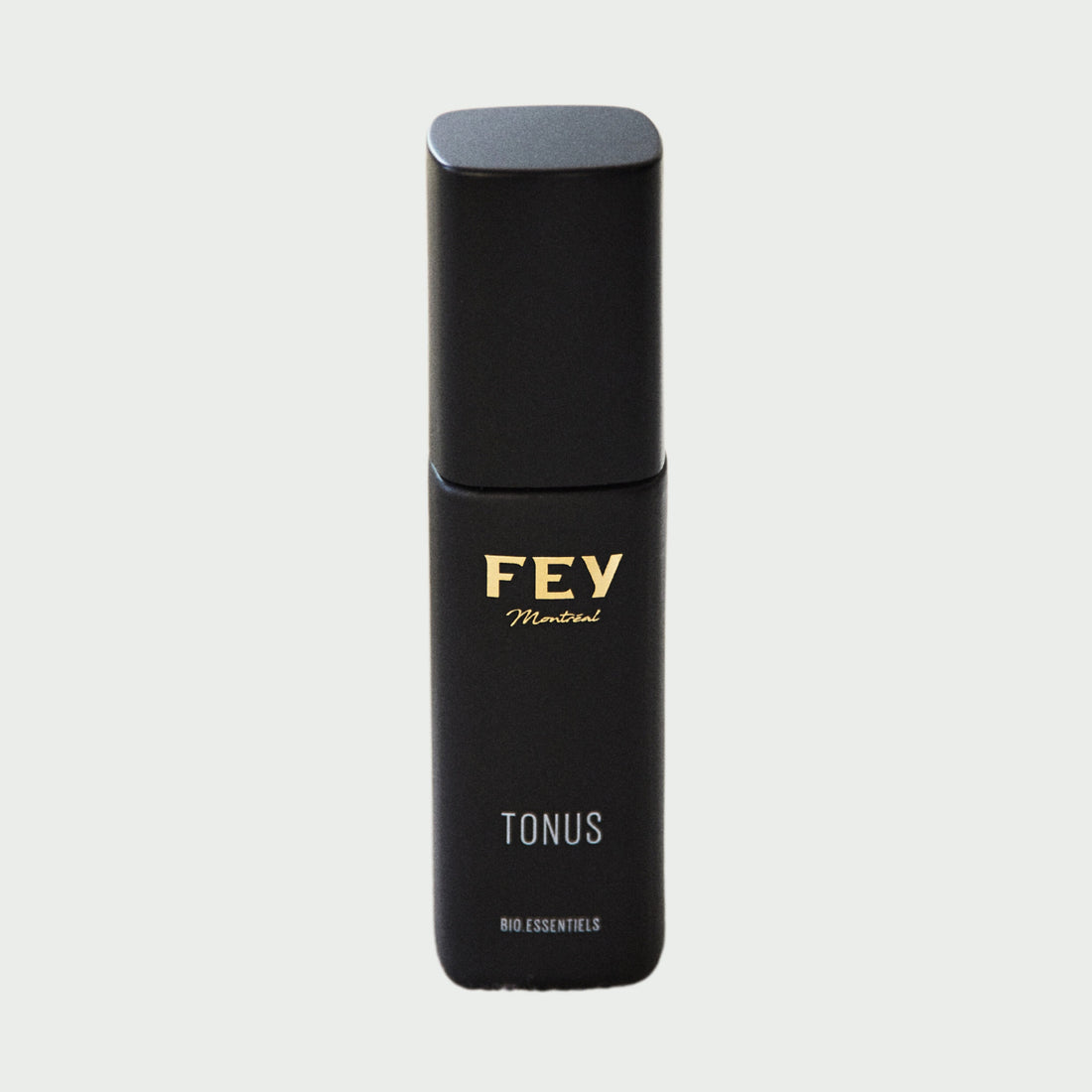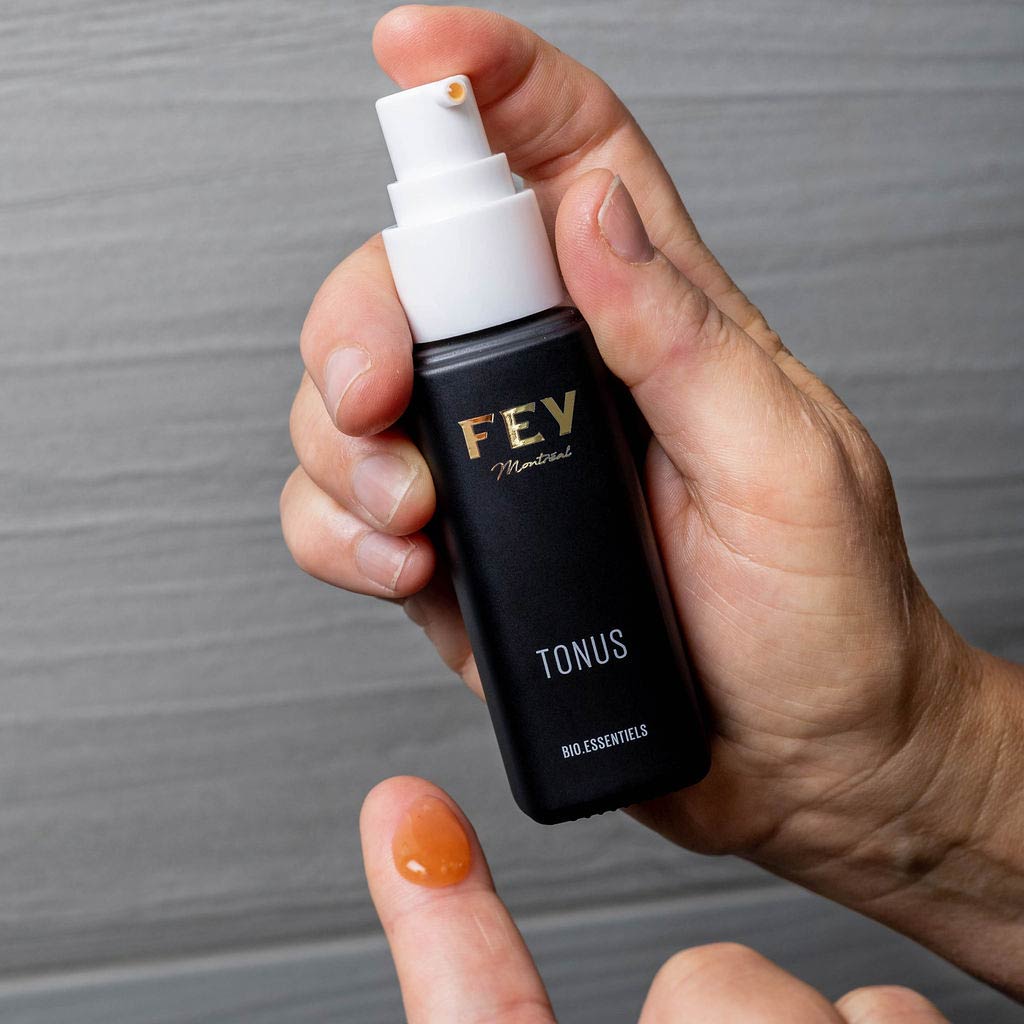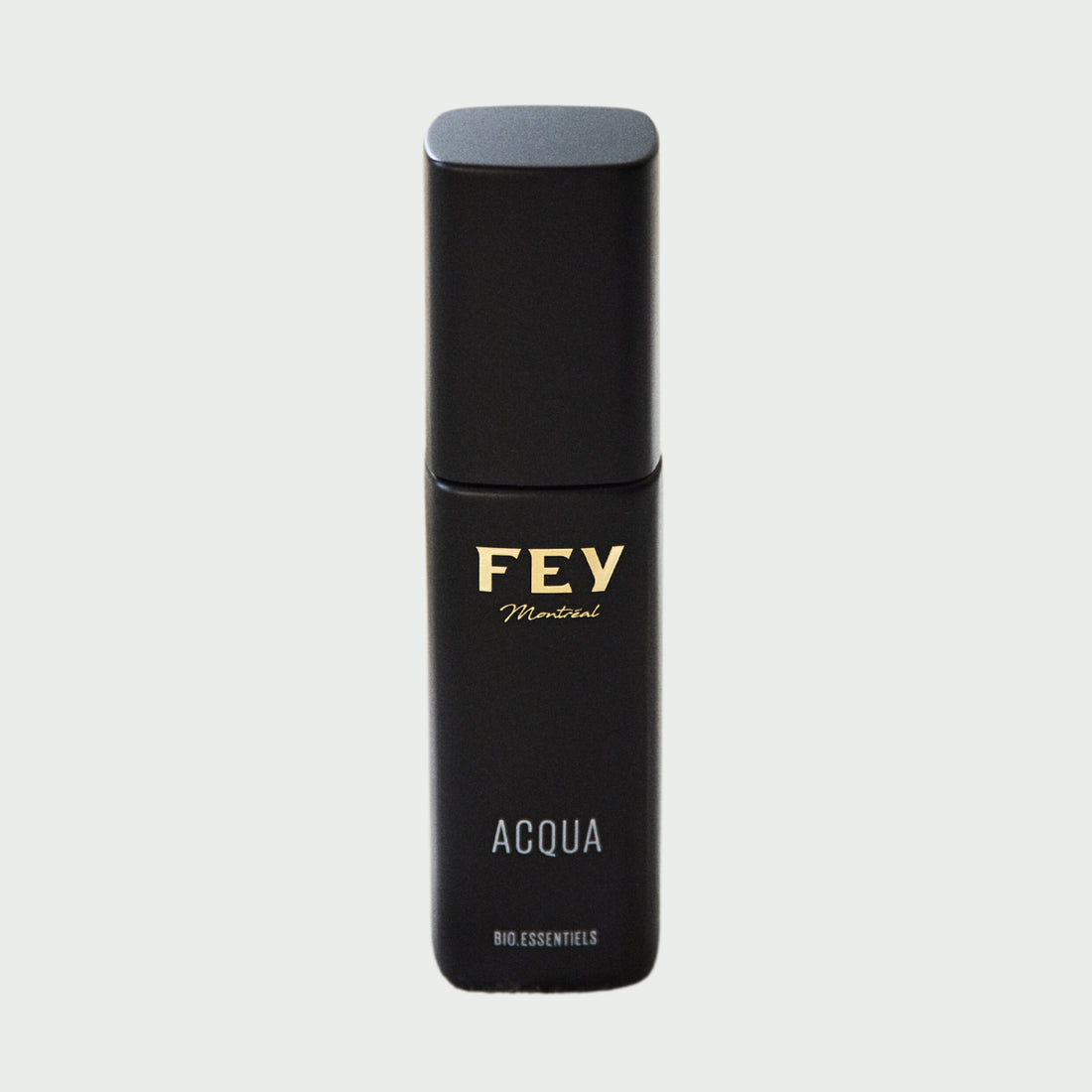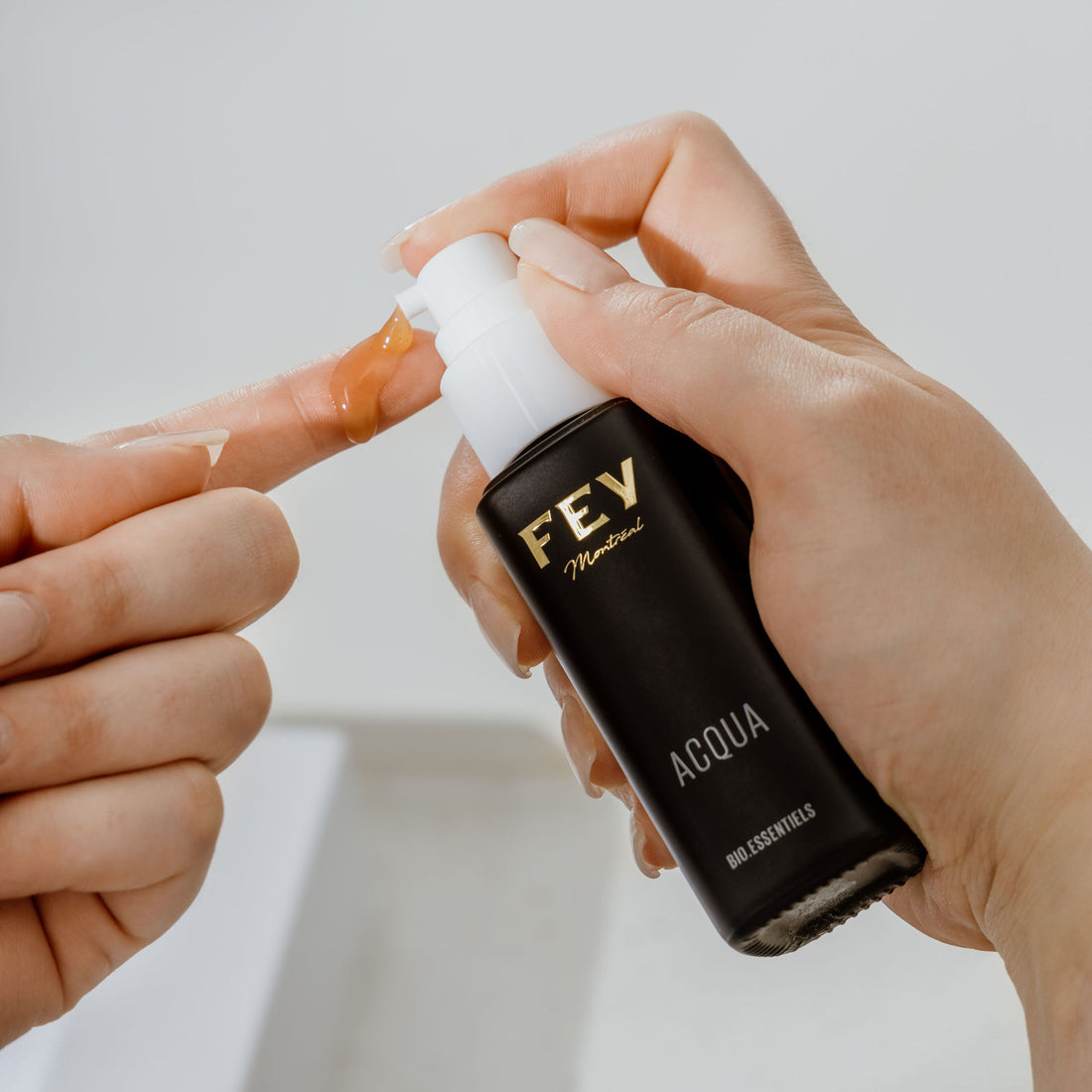
Your Ultimate Guide to Hyaluronic Acid
Table of Contents
Introduction to Hyaluronic Acid
Hyaluronic acid (HA or sodium hyaluronate) is a substance that our body naturally produces, and it plays a significant role in keeping our skin healthy and hydrated. It's like a sponge that can hold a lot of water, making it essential for maintaining our skin's moisture levels.
As we grow older, our body produces less hyaluronic acid, which can lead to dry and less elastic skin. This is why it's important to use skincare products with HA to help keep our skin looking youthful and radiant.
Sodium hyaluronate has become a popular ingredient in many skincare products, such as serums, creams, and facial masks, because of its excellent hydrating properties and compatibility with all skin types.
In this blog post, we will guide you through the world of hyaluronic acid, answering your questions about what it is, what it does, its benefits for your skin, and how to incorporate it into your skincare routine in a friendly and easy-to-understand way.
The Science Behind Hyaluronic Acid
In this section, we will explore the fascinating world of HA by answering the following questions: what is hyaluronic acid, what does it do for the body, and what does it do for the skin? By understanding the science behind it, you will gain a better appreciation for its role in maintaining skin health and appearance.
What is Hyaluronic Acid?
Hyaluronic acid is a multi-functioning, naturally occurring molecule found in the human body. It has the unique ability to hold nearly 1,000 times its weight in water, which helps to plump and moisturize the skin. Sodium hyaluronate can be found in various forms, including injectable fillers and topical products, such as those offered by FEY Cosmetics.
What Does Hyaluronic Acid Do for the Body?
Hyaluronic acid plays several essential roles in the body. It is found in high concentrations in the skin, joints, and eyes.
In the skin, it helps maintain hydration, volume, and elasticity by binding to water molecules.
In joints, it acts as a lubricant and shock absorber, reducing friction between joint surfaces and allowing for smooth movement.
In the eyes, it helps maintain the shape and structure of the vitreous humor, the jelly-like substance inside the eyeball.
Is Hyaluronic Acid Good for the Skin?
Yes, hyaluronic acid is highly beneficial for the skin. Its exceptional hydrating properties and compatibility with all skin types make it a highly sought-after ingredient for those looking to improve their skin's overall health and appearance.
What Does Hyaluronic Acid Do for the Skin?
Hyaluronic acid has a brief lifespan in the skin, as it naturally breaks down by 30-50% every day during the skin's normal turnover process.
As we age, our body's natural production of HA decreases, leading to a reduction in skin hydration and elasticity. This decrease in sodium hyaluronate levels, along with other factors like sun exposure and environmental stressors, contributes to the appearance of fine lines, wrinkles, and a dull complexion.
This is why incorporating hyaluronic acid into your skincare routine can be so beneficial in maintaining a youthful and radiant appearance.
Read more about what does hyaluronic acid for your skin.
The Importance of Delivery Systems in Topical Skincare
A crucial aspect of effective skincare is the delivery system used in topical products. The delivery system transports active ingredients into the dermis. This allows them to reach their full potential and provide optimal results.
Glycols-Based Delivery Systems
Glycols, such as propylene glycol and butylene glycol, are commonly used as delivery systems in skincare products. While they can help transport active ingredients into the skin, they may cause irritation for some individuals and are not the most natural option available.
All-Natural Delivery Systems
FEY Cosmetics has developed a next-generation line of hyaluronic acid-based topical skincare products. This line of products recognizes the importance of an efficient and natural delivery system.
We use low molecular weight sodium hyaluronate in our advanced formulas. This allows us to deliver active ingredients more effectively. The result is healthier, more radiant skin.
Discover the science behind topical skincare product delivery systems and how FEY Cosmetics is revolutionizing the industry with hyaluronic acid. Read the full blog article here.
Hyaluronic Acid Benefits for the Skin
Hyaluronic acid is a versatile skincare ingredient with numerous benefits:
-
Intense Hydration: Attracts and retains moisture, providing deep hydration for a plump, youthful appearance.
-
Anti-Aging and Age Prevention: Replenishes lost HA, reducing and preventing fine lines and wrinkles.
-
Improved Skin Texture: Promotes skin elasticity, resulting in a smoother, softer complexion.
-
Enhanced Skin Healing: Regulates inflammation and promotes new skin cell production, ideal for sensitive or irritated skin.
-
Environmental Damage Protection: Forms a barrier against pollution and UV radiation, preventing premature aging.
-
Suitable for All Skin Types: Lightweight and non-comedogenic, making it ideal for sensitive, oily, and acne-prone skin.
To learn more about hyaluronic acid and its benefits for your skin, read this in-depth article.
Hyaluronic Acid in Combination with Other Star Ingredients
Hyaluronic acid is a powerful skincare ingredient that works synergistically with other star ingredients to enhance their effectiveness and provide impressive results.
Discover the enhanced benefits of HA when combined with other ingredients such as:
-
Vitamin C
Vitamin C is a potent antioxidant that helps protect the skin from free radical damage, promotes collagen production, and brightens the complexion. When combined with hyaluronic acid, vitamin C's benefits are amplified, as the hydration provided by hyaluronic acid helps stabilize the vitamin and enhances its absorption, leading to improved skin tone and texture.
-
Squalane and Niacinamide
The combination of niacinamide, squalane, and hyaluronic acid effectively fights signs of aging and promotes a youthful-looking complexion. Key benefits of this combination include:
-
Hydration: Niacinamide strengthens the skin's natural barrier, while squalane nourishes and protects the skin. Hyaluronic acid provides deep hydration.
-
Anti-aging: Niacinamide and squalane stimulate collagen production and improve skin elasticity, reducing fine lines and wrinkles.
-
Nourishment: Squalane nourishes and protects the skin, while niacinamide reduces inflammation.
For more information on the benefits of squalane, please refer to our blog article on natural squalane.
To learn more about niacinamide, check out our blog article on the benefits of niacinamide for the skin. -
-
Natural Peptides
Natural peptides, such as those found in Organic Sacha Inchi Seed Extract, offer many benefits for the skin. Sacha Inchi is a potent source of natural peptides and is a key ingredient in the PERLE Day Cream.
When combined with hyaluronic acid, natural peptides can help boost the skin's natural collagen production, resulting in a smoother, more youthful appearance. The hydration provided by HA also enhances the absorption and effectiveness of the natural peptides, allowing them to penetrate deeper into the skin and deliver their benefits more efficiently.
-
Green Tea
Green tea is a powerful antioxidant that offers numerous benefits for the skin, including moisturizing properties that can help nourish dry, dehydrated skin, which is a common issue in mature skin.
Green tea contains a variety of compounds, such as polyphenols and amino acids, that contribute to skin hydration. These compounds work to improve the skin's moisture barrier, slowing down the degeneration of hyaluronic acid, an essential component of skin hydration. When combined with HA, the moisturizing properties of green tea are enhanced, resulting in better absorption of green tea's antioxidants and other beneficial compounds. This synergy can help reduce the appearance of fine lines and wrinkles, promoting a more youthful complexion.
Our in-depth blog article on organic green tea will help you discover its benefits for your skin.
-
Retinol
Retinol is a powerful anti-aging ingredient known for its ability to reduce fine lines, wrinkles, and uneven skin tone. However, it can cause dryness and irritation for some users.
Combining retinol with hyaluronic acid can help counteract these side effects by providing essential hydration, allowing for a more comfortable and effective retinol experience.
How to Incorporate Hyaluronic Acid into Your Skincare Routine
Incorporating hyaluronic acid into your daily skincare routine can yield numerous benefits, such as improved hydration, reduced signs of aging, and a more radiant complexion. In this section, we will discuss how to effectively add hyaluronic acid to your daily skincare regimen.
-
Choose the Right Product
Select a product that contains hyaluronic acid in combination with other beneficial ingredients, such as vitamin C, squalane, niacinamide, green tea, and natural peptides. These ingredients work in synergy with hyaluronic acid to provide optimal results.
-
Cleanse Your Skin
Before applying hyaluronic acid, make sure your skin is clean and free of dirt, oil, and makeup. Choose a gentle cleanser that is suitable for your skin type. This will help to remove impurities. Preparing your skin is essential before applying a hyaluronic acid serum.
-
Apply Hyaluronic Acid Serum
After cleansing, apply a hyaluronic acid serum to slightly damp skin. This will help the hyaluronic acid absorb more effectively and provide better hydration. Gently massage the serum into your skin using your fingertips. Focus on areas that need extra hydration or show signs of aging.
-
Layer with Other Skincare Products
Hyaluronic acid works well with other skincare products, so feel free to layer it with your favorite moisturizer, sunscreen, or targeted treatment. Wait for the hyaluronic acid serum to absorb fully before applying additional products.
-
Use Morning and Night
For best results, incorporate hyaluronic acid into both your morning and evening skincare routines. This will ensure your skin receives consistent hydration and benefits from the powerful combination of hyaluronic acid and other beneficial ingredients.
Adding hyaluronic acid to your daily skincare regimen can benefit your skin in many ways. Hydration levels can be improved, aging signs reduced, and a more radiant complexion achieved.
Our Collection of Hyaluronic Acid Products
Explore our collection of products featuring hyaluronic acid and elevate your skincare routine today.
Frequently Asked Questions
Find answers to the most common questions about hyaluronic acid, such as:
-
Is hyaluronic acid suitable for all skin types?
Yes, hyaluronic acid is suitable for all skin types, including sensitive, oily, dry, and combination skin. Its ability to retain moisture and promote skin hydration makes it an excellent choice for various skin concerns. However, if you have a specific skin condition or are unsure about using hyaluronic acid, it's always best to consult with a dermatologist or skincare professional.
-
Does hyaluronic acid work for sensitive skin?
Yes, hyaluronic acid is suitable for sensitive skin types. It is a gentle and non-irritating ingredient that provides hydration and helps maintain the skin's natural moisture balance. It is always recommended to perform a patch test before using any new product. This will ensure that the product does not cause any adverse reactions.
-
Can hyaluronic acid cause acne?
Hyaluronic acid is not known to cause acne. In fact, it can help improve skin hydration and texture, making it beneficial for acne-prone skin.
This ingredient is lightweight and non-comedogenic. It does not block pores, making it suitable for all skin types, including those prone to acne. -
Can you use hyaluronic acid while pregnant?
Hyaluronic acid is generally considered safe to use during pregnancy. It's a naturally occurring substance in the body, and using it topically should not pose any risks. However, it's always best to consult with your healthcare provider before using any new skincare products during pregnancy.
-
Are there any side effects from using hyaluronic acid?
Hyaluronic acid is generally well-tolerated and considered safe for most people. However, some individuals may experience minor side effects such as redness or irritation, especially if they have very sensitive skin. If you experience any adverse reactions, discontinue use and consult a dermatologist or healthcare professional.
-
How long does it take to see the benefits of hyaluronic acid?
The time it takes to see the benefits of hyaluronic acid can vary depending on individual skin types and the specific product being used. Some people may notice an immediate improvement in skin hydration and plumpness, while others may take a few weeks to see visible changes. Consistent use is key to achieving optimal results.
Conclusion
Hyaluronic acid is an essential component of healthy and radiant skin, offering numerous benefits such as intense hydration, anti-aging properties, improved skin texture, enhanced skin healing, and environmental damage protection. As our body's natural production of HA decreases with age, incorporating it into your daily skincare routine becomes increasingly important to maintain a youthful and radiant appearance.
Understanding the science behind hyaluronic acid, its compatibility with other star ingredients like vitamin C, squalane, niacinamide, green tea, and natural peptides, and the significance of delivery systems in topical skincare products can help you make informed decisions about the skincare products you choose. By selecting products that combine hyaluronic acid with these complementary ingredients, you can maximize their benefits and achieve a more vibrant, healthy complexion.
In summary, hyaluronic acid is a powerful skincare ingredient essential for maintaining skin health and beauty. Explore our range of HA-formulated products to unlock its numerous benefits and achieve a rejuvenated, glowing appearance.


